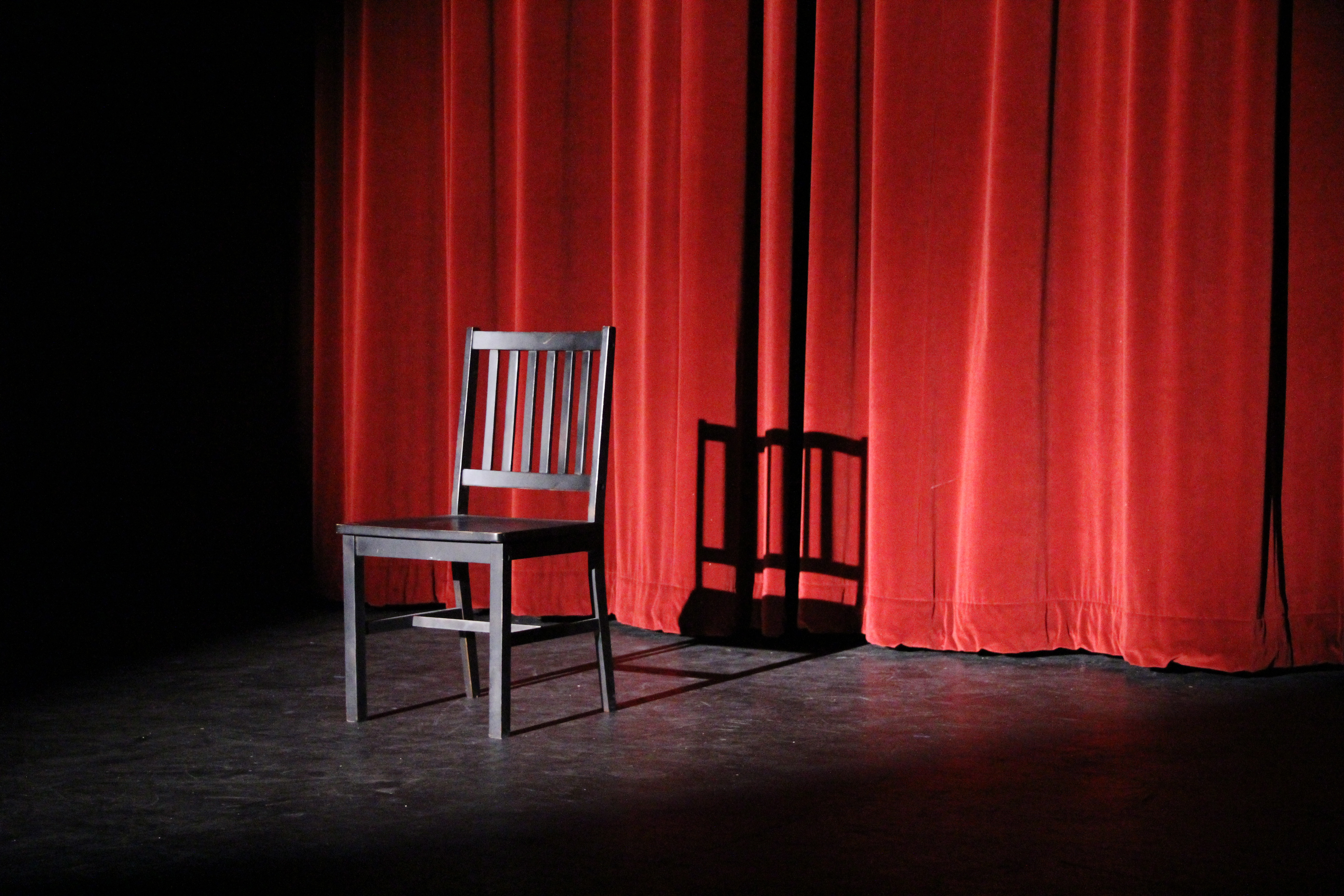The Quebec Drama Federation previewed their upcoming fall season this week
Cancel your Netflix subscription, Montreal’s English theatre is back for its fall season, and there is something for everyone.
At an event held at the Mainline Gallery last Monday, the Quebec Drama Federation (QDF) previewed its upcoming plays. The lineup includes a few classics, some musicals, and a number of for-the-stage adaptations.
Even if you don’t consider yourself a theatre lover, there is bound to be something that will pique your interest.
Many of Concordia’s talented theatre program grads will be taking part in the feminist production Mary Stuart, which will be running from Oct. 21 to 30 at the Studio Jean-Valcourt du Conservatoire. The show is an experimental adaptation of Friedrich Schiller’s play of the same name. Filled with song and physical theatre—theatre created using the body— this play is something that fringe theatre lovers will definitely enjoy.
If you’re into musicals, In The Wings Productions will be putting on their version of the rock musical Hair, from Nov. 23 to 26. Set in 1967, Hair is the story of a group of young hippies who celebrate peace and love in the shadow of the Vietnam War. Full of dynamic songs and colourful costumes, if you like musicals that explore pertinent issues then this may be show you want to see.
Are you a lover of Stephen King and his dark, chilling novels? D2 Productions has created a stage adaptation of King’s novel Misery (1987). While it doesn’t boast Kathy Bates as Annie Wilkes like the film did, this production is sure to be a gripping tale. Their promo alone kept the audience wondering, featuring a simple 30 seconds of Paul Sheldon (Max Laferriere) typing furiously while being watched by axe-wielding Wilkes (Caroline Fournier). Misery runs from Nov. 9 to 13 at the Mainline Theatre.
If you’re a lover of romance, mystery and the 1920s golden age, then the Hudson Player’s Club’s version of F. Scott Fitzgerald’s The Great Gatsby should dance its way into your fall plans. Foxtrot your way over to the Hudson Village Theatre from Nov. 3 to 13 to catch the show.
The QDF puts on these preview events four times a year, before each season begins, to give theatregoers a taste of what plays will be running over the next three months. The events are always hosted by prominent members of the Montreal English theatre community. This preview event was hosted by Eloi ArchamBaudoin and Davide Chiazzese, who starred together in Tableau D’Hôte’s 2015 production of Hosanna. Hosanna will be back at the Centaur Theatre in July 2017. Both ArchamBaudoin and Chiazzese are part of this year’s Montreal English Theatre Awards Committee (METAC).
Montreal will also be hosting the 2016 Fringe World Congress in November, so there will be plenty of theater to see in the upcoming months.
For a full list of the shows visit www.quebecdrama.org/theater.
